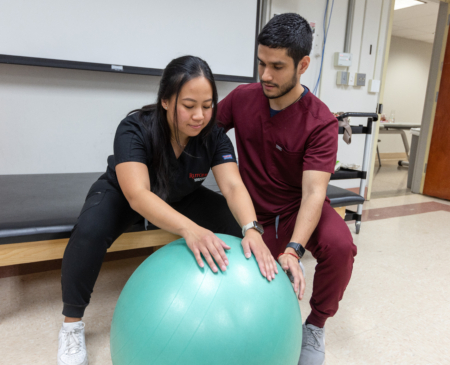What’s Behind the ‘Middle-Aged Groan’?
Experts weigh in on the sounds we make when we bend over, stand up and sit down.

When my daughter was a toddler, she often imitated the long groan I made when I bent down. It was both funny and mortifying. Judging by the large number of videos of toddlers doing this on the internet, I was not alone.
Like many other people, I have a playlist of activity-specific grunts and gasps: When I’m heaving myself out of a chair, I sound like Rafael Nadal returning a volley; when I’m reaching for something, I release a wheezy “ooof.”
Why does this happen? Is it a sign of getting older? I couldn’t find any research on what I’ve termed “the middle-aged groan,” but everyexpert I consulted knew, instantly, what I was talking about.
Meryl Alappattu, a research assistant professor of physical therapy at the University of Florida and faculty member in the Pain Researchand Intervention Center of Excellence, told me that when she bends over to pick things up, “I will sort of grunt and say ‘Oh, my mother’ inmy parents’ native language, which is Malayalam, an Indian dialect.”
As people get older, Dr. Alappattu explained, “just bending over to pick things off the floor might require a bit more exertion, and we tendto brace ourselves.” And exhaling, she said, “could be contributing to that grunt or whatever sound you make.”
The experts weren’t aware of any studies on bending- and standing-related groans, but there is some research on grunting in athletic situations: One small study of college tennis players found that their serves were more powerful when they were allowed to grunt. Another, among gym goers, suggested that grunting might be a learned behavior. And there has been research on grunting as a sports tactic used to distract opponents or garner attention.
The symphony of sounds we make might have a variety of causes. “I think there is a physical component, a mental component, a voluntary component and an involuntary component,” said Tracy E.K. Davis, Ph.D., an associate professor specializing in health promotion and aging at Rutgers University.
